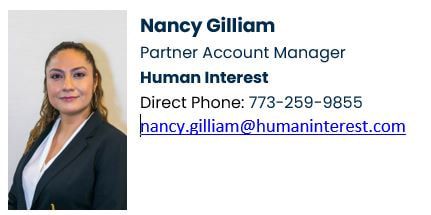1. Control Cash Flow - QuickBooks can be a great tool to help you manage your cash flow. Instead of using your online bank balance you should keep your QuickBooks file updated regularly and understand how to use it to manage your cash flow. By entering your financial transactions often and doing daily reconciliations in QuickBooks you will get a great handle on your cash flow. The key is sorting your QuickBooks bank accounts by cleared status.
2. Invoice Customers - I always like to train clients to create and send their own invoices in QuickBooks. When you have a customer that wants to give you money for products or services that last thing you want to do is wait on sending them an invoice. Learning how to properly invoice customers will decrease your accounts receivable and increase your cash flow.
3. Manage Bills and Accounts Payable - Keeping your vendors and suppliers happy is important as well. You don't want to fall behind on your outstanding bills with vendors. Using the enter bills and pay bills functions in QuickBooks is simple. Entering the bills to your vendors with the correct terms and due dates will help you stay on top of keeping your vendors paid and happy. Paying your bills directly through QuickBooks via online bill pay or printing checks will reduce unnecessary data entry and increase productivity.
4. Manage Employee Time - You can enter employee time from the employees section of the home screen. You can enter a single time event or use a weekly timesheet. Tracking time in QuickBooks can help measure employee productivity and can prove to be valuable for job costing purposes.
5. Customized Chart of Accounts - Your QuickBooks chart of accounts is all about your needs and should be customized to those specific needs. I often see clients make their chart of accounts so complicated that the reports become meaningless. Make sure your chart of accounts speaks to you and provides you with valuable information that you can use. Don't worry too much about tailoring your chart of accounts to your taxes; it should be more geared towards helping you run your business.
6. Memorized Transactions - You should use QuickBooks memorized transactions to automatically enter transactions that occur on a regular and predictable basis. This can include invoices, bills, journal entries and payments. The idea is to boost efficiency and have certain items be entered automatically into QuickBooks. One example of a good use of a memorized transaction is a bill that you have set up to be automatically deducted from your checking account like your mortgage payment. By memorizing a check you can have the payment automatically post to your checking account a certain number of days in advance.
7. Always Reconciled - The most important thing you can do for your small business bookkeeping system is to make sure to reconcile QuickBooks on a consistent basis. You should reconcile all of your applicable accounts not just your bank accounts. Make sure to reconcile bank accounts, credit cards, loans, lines of credit and payroll liabilities.
8. Printing Checks - Printing checks from QuickBooks is a great way to keep cash flow updated and increase your efficiency. Since the check will not clear your bank until the payee deposits it you want to make sure to include it in your cash flow analysis. Printing checks from QuickBooks will eliminate unnecessary data entry.
9. Online Banking - You should set up your QuickBooks accounts for online banking download. Many major financial institutions offer data downloads into QuickBooks. This will reduce a lot of unnecessary data entry.
10-20 coming net week...
QuickBooks can be a valuable tool to help you run your small business. If you look at your bookkeeping as a hassle then you have not been shown how to properly use your bookkeeping system to aid you in making business decisions.



 RSS Feed
RSS Feed


